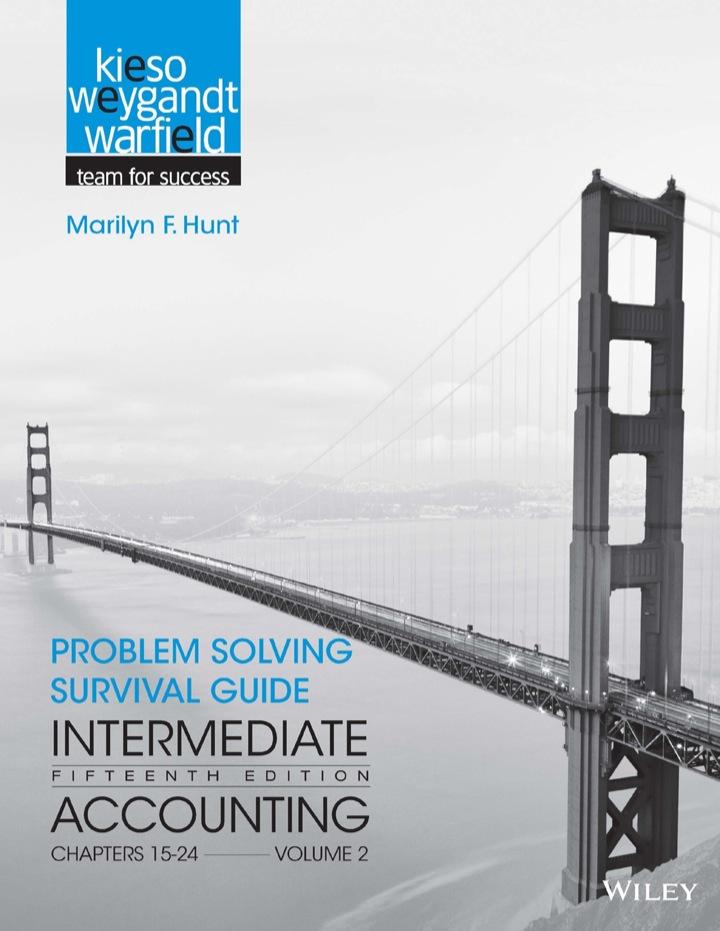(L.O. 4) If a completed transaction will not affect any business decisions, it need not be separately...
Question:
(L.O. 4) If a completed transaction will not affect any business decisions, it need not be separately reported in the financial statements. This guidance comes from the:
a. materiality quality.
b. periodicity assumption.
c. completeness quality.
d. full disclosure principle.
Approach and Explanation: Briefly define each of the answer selections. Choose the item for which your definition most closely agrees with the stem of the question. See Illustration 2-2 and Illustration 2-4 The materiality quality dictates that an immaterial item need not be given strict accounting treatment; it can be given expedient treatment. An immaterial item or amount is one that does not make a difference in the decisions that are being made based on an analysis of the financial statements. The point involved here is one of relative size and importance. If the amount involved is significant when compared with other revenues and expenses, assets and liabilities, or net income of the entity, it is a material item and generally acceptable standards should be followed. If the amount is so small that it is quite unimportant when compared with other items, strict treatment is of less importance. The nature of an item may also affect the judgment of its materiality. A misclassification affecting cash has a lower threshold of materiality than the same dollar amount of a misclassification affecting plant assets. (Solution = a.)
Step by Step Answer:

Problem Solving Survival Guide To Accompany Intermediate Accounting Volume 2 Chapters 15-24
ISBN: 9781118344156
15th Edition
Authors: Donald E. Kieso, Jerry J. Weygandt, Terry D. Warfield`






